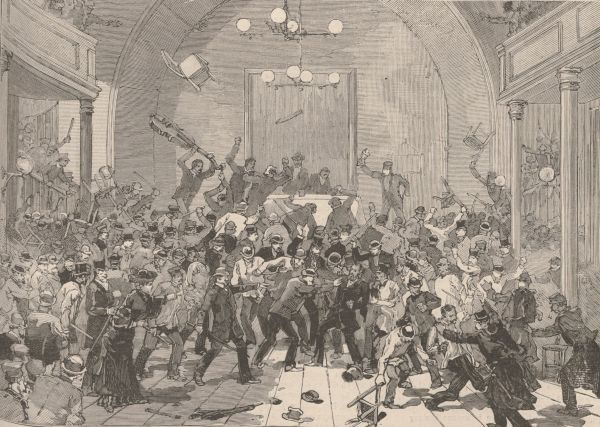
Saved by Supritha S
Why Do We Want Problems to Be Someone’s Fault?

Saved by Supritha S
To scapegoat, in many cases, is to refuse to accept disorder as a fact of life. When we believe it’s in our power to solve basically any problem, we inadvertently dedicate our lives to it.
It is a simplistic notion that if something is wrong, someone has to be at fault.